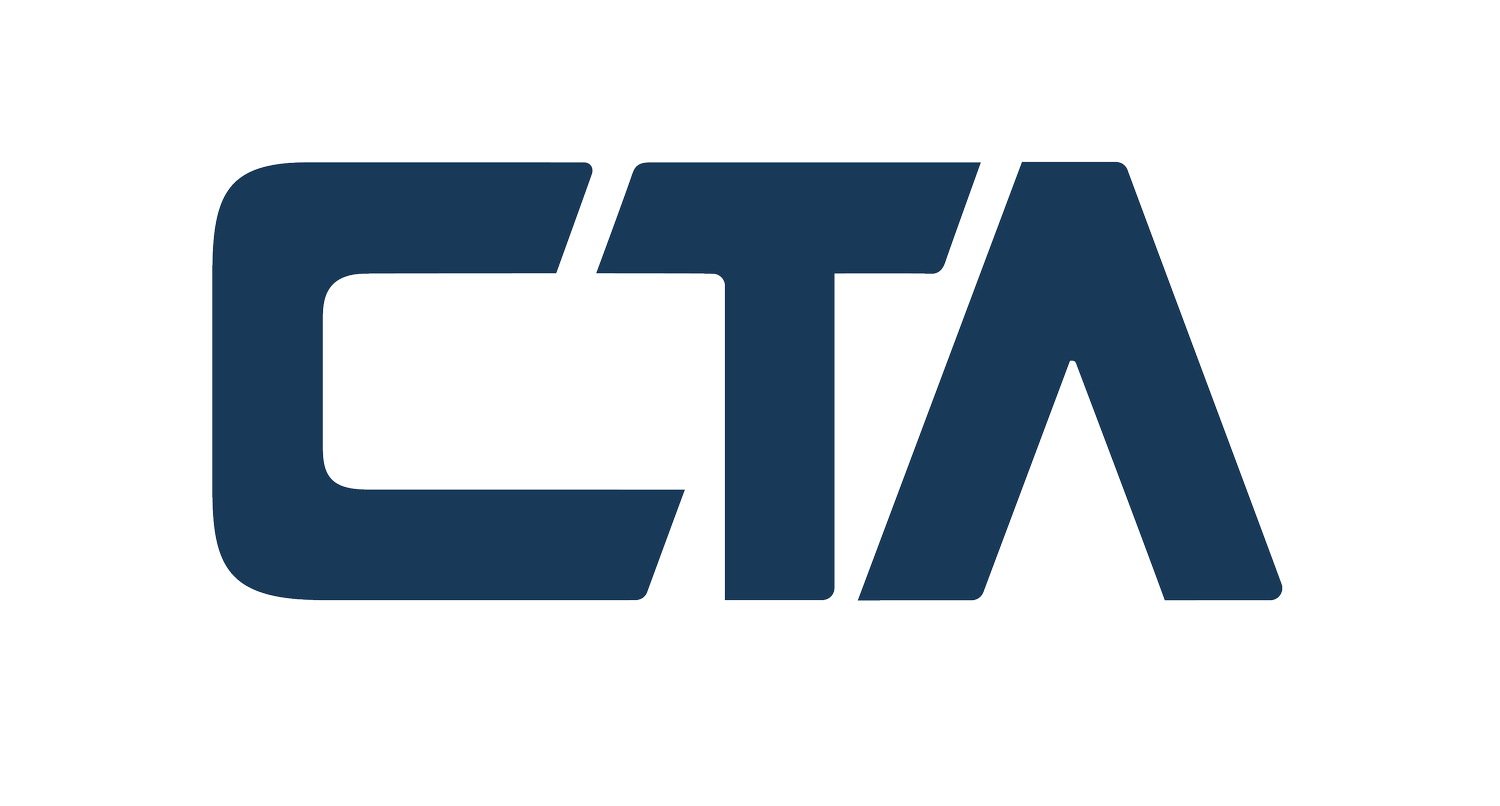Tax reform is a recurring and significant topic for corporations, influencing everything from cash flow management to long-term strategic planning. As we enter 2024, several updates to corporate tax policies are set to take effect, reshaping the financial landscape for businesses of all sizes. Staying informed about these changes is crucial to adapting your strategies effectively and ensuring compliance with the new regulations. This article breaks down the key changes, what they mean for corporations, and actionable steps to adapt. Businesses can benefit from various R&D tax credit examples, including innovations in product development and enhancements to existing technologies.
Key Tax Reform Updates for 2024
1. Adjustments to Corporate Tax Rates
Corporate tax rates have been revised in many jurisdictions to address economic shifts, recover from deficits, or attract new investments. These adjustments may result in increased or reduced tax liabilities depending on your company’s location, size, and industry.
For instance, some nations aiming to foster economic growth and innovation have reduced rates for small and mid-sized enterprises, while others have introduced marginal increases to support public infrastructure or social programs.
Action Tip: Review the new rates and their thresholds to understand how they apply to your operations. Consult a tax professional for detailed projections, especially if your company operates in multiple regions with varying tax policies.
2. Changes in Tax Incentives
Governments often revise incentives to stimulate growth in strategic areas of the economy.
Investment Tax Credit (ITC): The ITC is a popular tax credit for businesses investing in renewable energy systems such as solar panels, wind turbines, and geothermal systems. By claiming the ITC, businesses can receive a credit equal to a percentage of the cost of the eligible energy property, which directly reduces their tax liability. An ITC tax consultant can help you navigate this.
For 2024, key updates include:
- Expanded R&D tax credits for innovation-focused businesses, particularly in technology and life sciences sectors.
- New deductions or credits tied to investments in renewable energy and carbon reduction initiatives.
- The gradual elimination of tax incentives for industries considered environmentally unsustainable.
These adjustments are designed to encourage corporate investment in forward-looking sectors and align economic activity with global sustainability goals.
Action Tip: Evaluate your eligibility for new or modified incentives. Consider shifting investments or operational priorities to maximize available benefits.
3. Global Minimum Tax Implementation
The OECD’s Global Minimum Tax framework continues to reshape international tax dynamics. Designed to address profit shifting and ensure equitable tax contributions, the 15% minimum tax rate is being adopted by more countries in 2024. This development will particularly affect multinational corporations with operations in low-tax jurisdictions.
Action Tip: Assess how this global tax framework affects your international operations. Collaborate with tax advisors to explore potential restructuring options that optimize tax efficiency while maintaining compliance.
4. Digital Economy Tax Policies
As the global economy becomes increasingly digitized, new tax measures targeting the digital economy are being introduced. Digital services taxes (DSTs) and VAT on digital goods are expanding in scope, impacting corporations in industries such as e-commerce, software-as-a-service (SaaS), and digital advertising.
Action Tip: Monitor digital tax changes in your target markets closely. Adjust pricing strategies and operational models to account for any additional tax liabilities, ensuring these costs do not erode profitability.
5. Updated Depreciation and Capital Allowance Rules
Depreciation methods and capital allowances for business assets are also evolving. For example, some jurisdictions are reducing or phasing out accelerated depreciation provisions for specific assets, while others are introducing targeted allowances for investments in renewable technologies or advanced manufacturing equipment.
Action Tip: Reassess your asset acquisition plans. Consider prioritizing purchases that qualify for favorable tax treatments to maximize long-term savings.
Implications for Corporations
These tax reforms underscore the importance of staying proactive. Ignoring these updates can lead to missed opportunities, increased liabilities, or penalties for non-compliance. However, corporations that strategically adapt to these changes can uncover opportunities to:
- Optimize tax strategies by leveraging updated credits and incentives.
- Improve financial forecasting with a clearer understanding of tax liabilities.
- Align operations with sustainable and innovative practices, which may unlock additional benefits.
How to Prepare
- Stay Informed: Regularly monitor tax updates relevant to your industry and jurisdiction. Leverage reliable sources, including government websites and professional advisory services.
- Consult Experts: Partner with corporate tax advisors to navigate complexities and uncover savings opportunities. Their insights can be invaluable for maximizing your company’s tax efficiency.
- Invest in Compliance Tools: Utilize software and systems designed to manage evolving tax requirements efficiently. These tools can streamline reporting, ensure accuracy, and reduce administrative burdens.
- Train Your Team: Equip your finance and accounting teams with the knowledge they need to interpret and apply new regulations effectively. Periodic training sessions can help your organization stay ahead of compliance challenges.
Conclusion
Tax reforms in 2024 present both challenges and opportunities for corporations. While navigating these changes may seem complex, businesses that remain proactive and informed can leverage new policies to their advantage. By understanding and adapting to these updates, your company can not only remain compliant but also uncover ways to drive growth and operational efficiency.
Whether it’s understanding the impact of global minimum tax rates or taking advantage of new green energy credits, the right approach to tax reform can make a significant difference. Stay ahead of the curve by partnering with experts, investing in the latest compliance tools, and aligning your corporate strategies with the evolving tax landscape.
If you’re unsure how these updates apply to your business, reach out to a corporate tax advisor today for tailored guidance. Taking action now can set your organization up for success in the year ahead. Get expert guidance on tax savings and compliance from trusted ITC tax consultants for your business. Maximize your green incentives with guidance from experienced renewable energy tax experts who specialize in sustainable tax solutions. Boost your business growth by leveraging the Georgia Investment Tax Credit, designed to support and reward new investments in the state.








